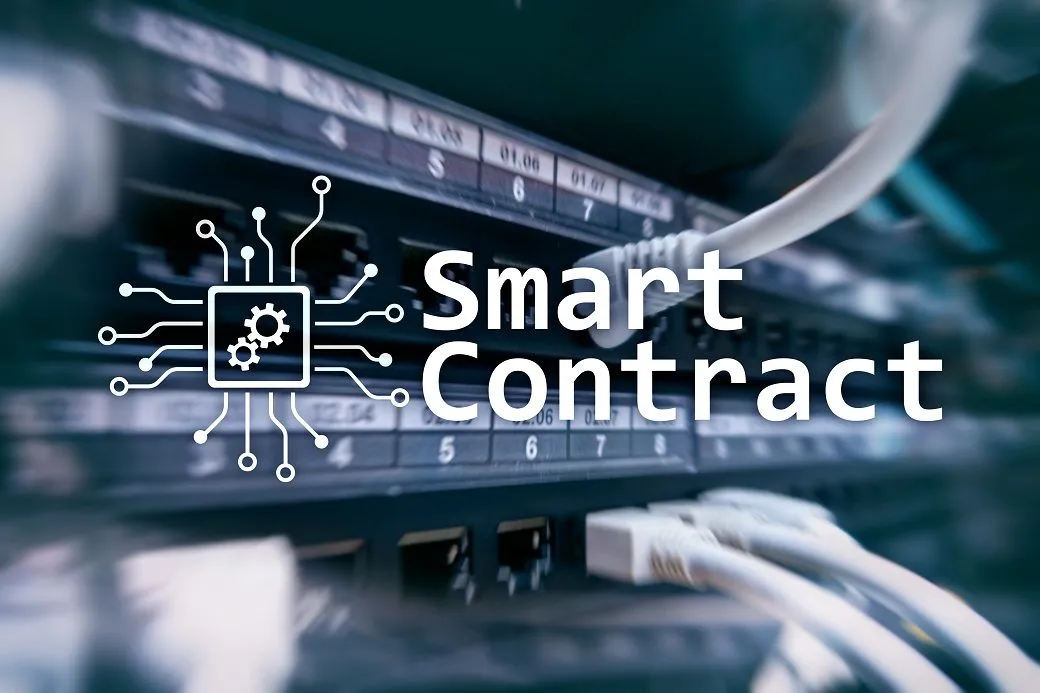The rise of non-fungible tokens (NFTs) has reshaped the landscape of digital ownership, enabling unique assets to be bought, sold, and traded like never before. At the heart of this transformation lies the NFT smart contract, a self-executing contract that enforces the rules governing NFTs directly through code. This article explores the essence of NFT smart contracts, their benefits, the process of creating NFTs, and various innovative use cases that extend their applicability beyond mere digital art.
What is an NFT Smart Contract?
An NFT smart contract is a digital agreement stored on a blockchain that outlines the terms for creating, managing, and transferring non-fungible tokens. Unlike cryptocurrencies such as Bitcoin, which are identical and can be exchanged one-for-one, NFTs are unique digital assets representing ownership of a specific item, such as artwork, music, or collectibles. The smart contract governs all actions related to the NFT, ensuring authenticity and ownership transparency.
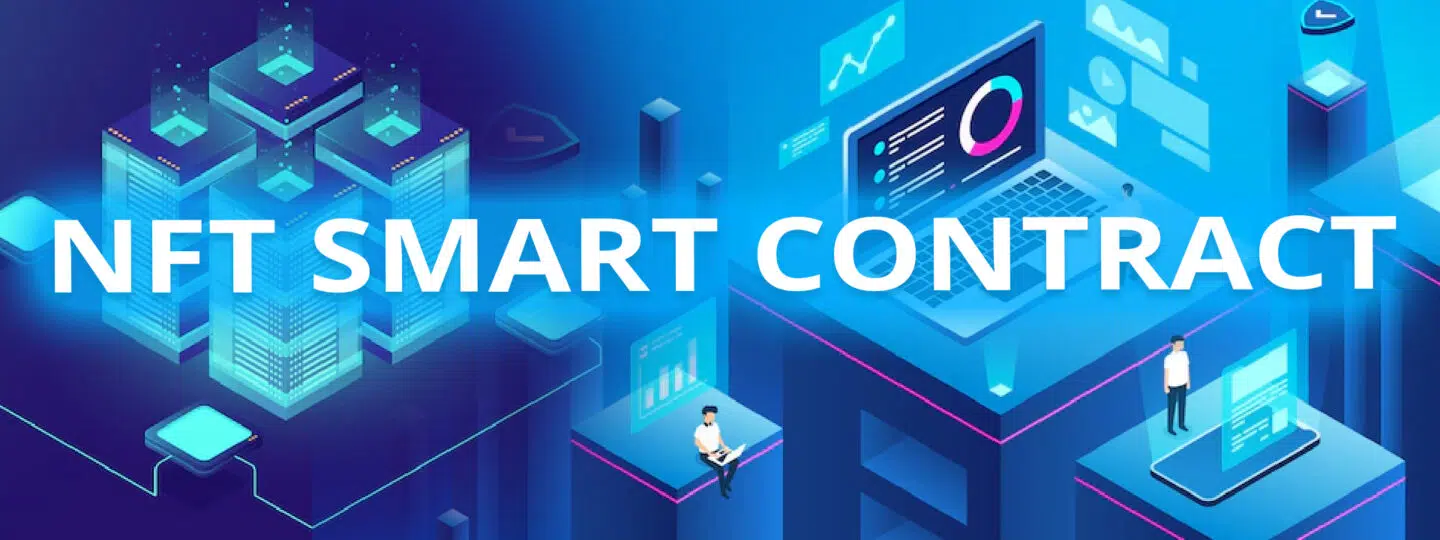
Key Features of NFT Smart Contracts:
- Uniqueness: Each NFT has a unique identifier, making it distinct from any other token. This uniqueness is crucial in differentiating assets in a marketplace filled with digital goods.
- Metadata Storage: Smart contracts often link to metadata that describes the asset, including its title, description, and any relevant media. This metadata is essential for conveying the value and context of the NFT to potential buyers.
- Ownership Tracking: They maintain an immutable record of ownership, allowing for easy verification and transfer of assets. This feature is vital for establishing provenance and trust in the NFT market.
- Interoperability: Many NFT smart contracts follow standardized protocols (like ERC-721 or ERC-1155 on Ethereum), enabling NFTs to function across different platforms and marketplaces. This interoperability fosters a vibrant ecosystem where assets can be easily traded.
Benefits of Using Smart Contracts
Utilizing NFT smart contracts presents several advantages that enhance both the creator’s and buyer’s experience:
- Trust and Transparency: Smart contracts provide a transparent mechanism for executing agreements, as all parties can verify terms without the need for intermediaries. This transparency builds trust between creators and buyers.
- Security: The blockchain’s cryptographic features ensure that transactions are secure and resistant to fraud. Once a transaction is executed, it cannot be altered, protecting the integrity of ownership. This security is particularly crucial for high-value assets.
- Automation of Processes: Smart contracts automate various functions, such as royalties, sales, and transfers. For instance, if an NFT is resold, a pre-defined percentage can be automatically paid to the original creator, ensuring they benefit from their work in perpetuity.
- Cost-Effectiveness: By eliminating the need for intermediaries, smart contracts reduce transaction costs, allowing creators to retain a larger portion of their sales. This cost efficiency is particularly beneficial for independent artists and small creators.
- Programmability: Developers can embed complex functionalities into smart contracts, enabling unique features such as auctions, batch minting, or dynamic royalty structures. This programmability allows for creative approaches to monetizing digital assets.
- Global Reach: Smart contracts facilitate borderless transactions, enabling creators to reach a global audience without the constraints of traditional marketplaces. This global access can significantly increase market opportunities for creators.
- Immutable Ownership Records: The blockchain maintains a permanent and unchangeable record of ownership and transaction history. This feature enhances trust, as buyers can easily verify the authenticity and ownership of an NFT.
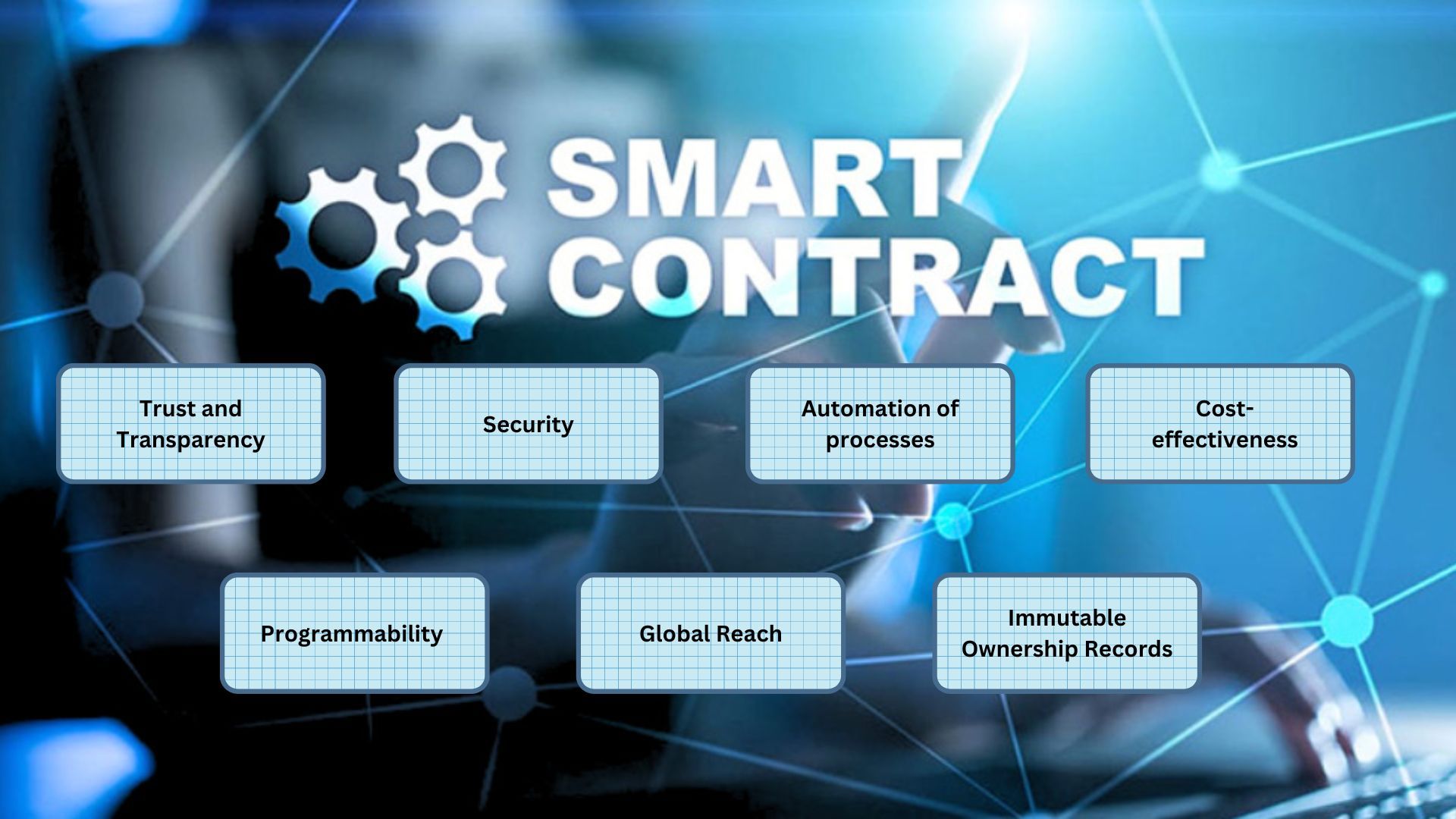
Creating NFTs with Smart Contracts
Creating NFTs through NFT smart contracts involves several key steps. Below is a detailed guide:
Step 1: Conceptualize Your NFT
Before you can create an NFT, you need to define what it represents. This could range from digital art and collectibles to music, virtual real estate, or other unique digital assets. Consider the story behind your asset and how it connects with potential buyers. Think about what makes your NFT unique and how it stands out in a crowded marketplace.
Step 2: Choose the Right Blockchain
Select a blockchain that supports NFT functionality. While Ethereum remains the dominant choice due to its robust ecosystem and support for smart contracts, other blockchains like Binance Smart Chain, Flow, Solana, and Tezos also offer NFT creation capabilities. Each blockchain has its pros and cons regarding transaction fees, speed, and community support, so choose one that aligns with your goals.
Step 3: Develop the Smart Contract
Using a programming language such as Solidity (for Ethereum), write your NFT smart contract. Key components to include are:
- Token Metadata: Define the name, symbol, and URI for your NFT, which will link to its metadata. This metadata is crucial for informing potential buyers about the NFT’s attributes.
- Minting Function: A function that allows users to mint new NFTs. This function will create the token and assign it to an owner’s address. Ensure the minting process includes checks to prevent double minting.
- Transfer Function: Implement rules for securely transferring ownership between users. This function should handle the logic for transferring tokens and updating ownership records.
- Royalties Function: If applicable, include a mechanism to distribute royalties to the original creator on secondary sales. This feature incentivizes creators to produce high-quality work and ensures they benefit from their creations over time.

Step 4: Deploy the Smart Contract
Use tools like Truffle, Hardhat, or Remix to deploy your smart contract to the chosen blockchain. This process will require a small amount of cryptocurrency (e.g., Ether on Ethereum) to cover transaction fees. Ensure you test the contract thoroughly on a testnet before deploying it to the mainnet to avoid costly mistakes.
Step 5: Mint Your NFT
Once the contract is deployed, you can mint NFTs by invoking the minting function. Each minting event creates a new token and assigns it to a specified wallet address. Make sure to provide unique metadata for each NFT during the minting process to ensure its individuality.
Step 6: List and Promote Your NFT
After minting, you can list your NFT on platforms like OpenSea, Rarible, or create your custom marketplace. Marketing your NFT through social media, community engagement, and collaborations can help attract potential buyers. Utilize storytelling to connect emotionally with your audience, highlighting the uniqueness and value of your NFT.
Other NFT-Related Smart Contract Use Cases
While the primary application of NFT smart contracts is the creation of unique digital assets, their utility extends to numerous other fields:
1. Gaming and Virtual Assets
NFTs are transforming the gaming industry by enabling players to own unique in-game assets. Games like Axie Infinityallow players to trade characters and items, making smart contracts crucial for secure transactions and ownership verification. The rise of play-to-earn models illustrates how NFTs can create real economic value for players.
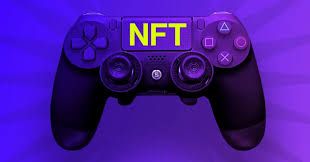
2. Music and Intellectual Property
Musicians can tokenize their work using NFT smart contracts, providing fans access to exclusive content, merchandise, or even a share in royalties. Platforms like Audius and Catalog allow artists to maintain control over their work and revenue streams. By leveraging smart contracts, artists can ensure they are compensated fairly for their contributions.

3. Real Estate Tokenization
Real estate properties can be represented as NFTs, allowing for fractional ownership and simplifying transactions. Smart contracts can automate rental agreements and property management tasks, making real estate investments more accessible to the average person. This approach opens up opportunities for investors who may not have the capital to buy whole properties.
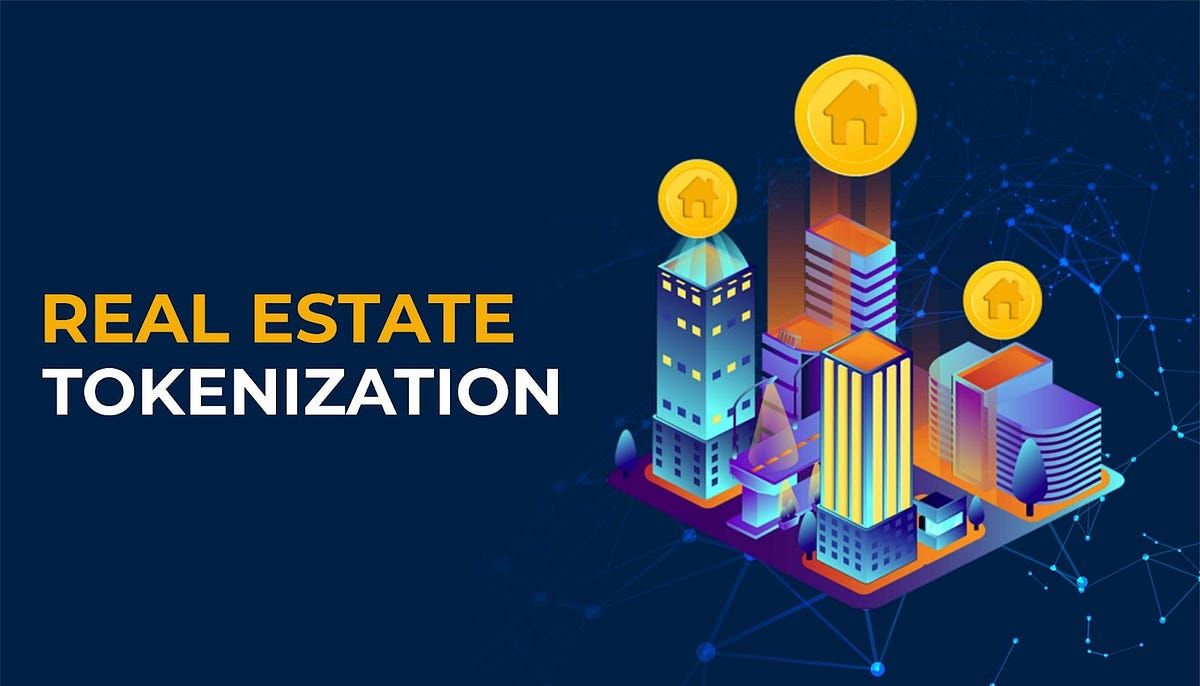
Read more: REAL ESTATE NFTS: THE FUTURE OF PROPERTY TRANSACTIONS
4. Identity Verification
NFTs can serve as digital identities, allowing users to control their personal information. Smart contracts can manage identity verification processes, enabling secure access to various services without compromising privacy. This application has significant implications for areas such as online voting, secure authentication, and digital signatures.
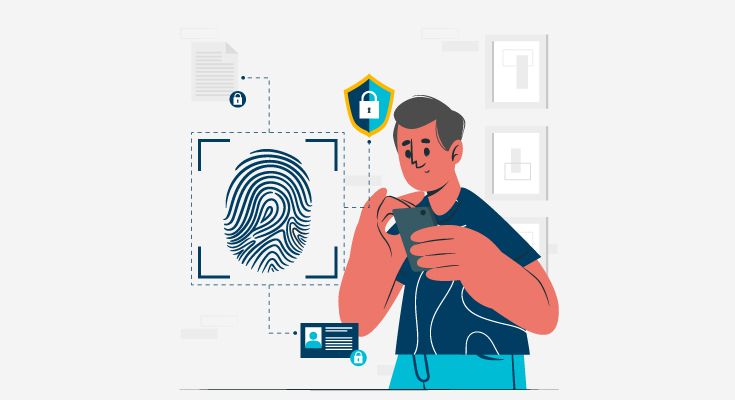
5. Supply Chain Management
NFTs can track the provenance of goods within supply chains, enhancing transparency and authenticity. Smart contracts ensure that every step in the supply chain is documented and verifiable, which is particularly useful in industries like luxury goods and food. For instance, consumers can verify the origin of their products, enhancing trust in the brand.

6. Charity and Fundraising Initiatives
Nonprofits can utilize NFT smart contracts for fundraising by allowing donors to purchase NFTs that represent their contributions. This approach not only increases transparency but also creates a unique way for supporters to engage with charitable causes. By offering exclusive digital assets, organizations can incentivize donations and create a sense of community among supporters.
7. Event Ticketing
NFTs can revolutionize the event ticketing industry by providing a secure and verifiable method of ticket sales. Smart contracts can prevent ticket fraud and scalping, ensuring that buyers have a legitimate claim to their tickets. Additionally, organizers can embed royalties into the smart contracts, allowing them to earn from future resales of tickets.
8. Collectibles and Memorabilia
NFTs are ideal for the collectibles market, allowing fans to own and trade unique digital items such as sports memorabilia, trading cards, or virtual pets. Smart contracts enable collectors to buy, sell, or trade items while maintaining a verifiable record of authenticity and ownership history.
Conclusion
The integration of NFT smart contracts into the digital economy has transformed how we understand ownership and value. With their ability to provide transparency, security, and automation, these contracts offer powerful tools for creators, collectors, and innovators across various industries. As the landscape continues to evolve, the potential applications of NFT smart contracts are limitless.
By understanding the mechanics behind NFT smart contracts, individuals can navigate the complex world of digital assets more effectively. Whether you’re an artist, a gamer, or an entrepreneur, embracing this technology can unlock new avenues for creativity and revenue. The future of digital ownership is here, and NFT smart contracts are at the forefront of this exciting transformation.
As we move forward, it is essential for creators and consumers alike to stay informed about the advancements in blockchain technology and smart contracts. By doing so, they can harness the full potential of NFTs and shape the future of digital ownership. The journey has just begun, and the opportunities are boundless.

